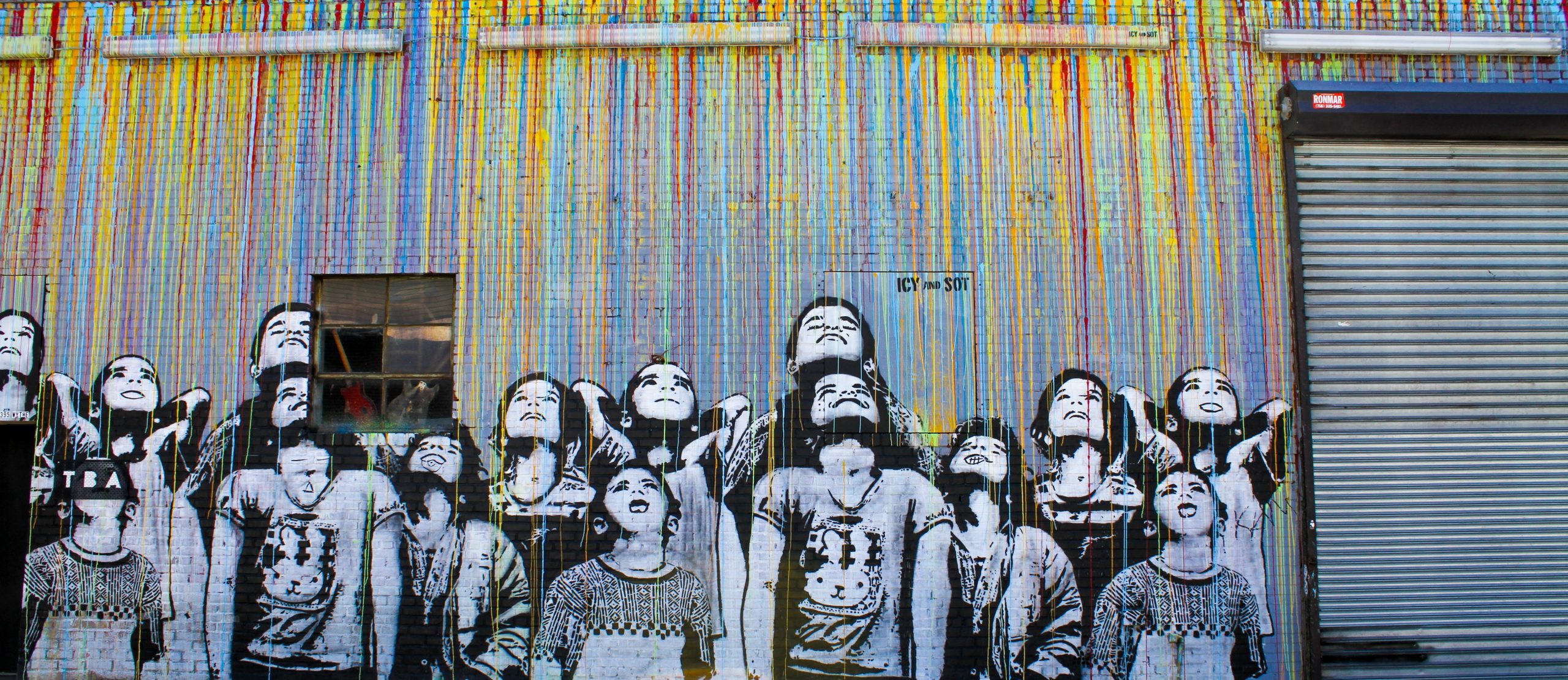CeMoRe’s Mobile Kitchenette, the pandemic induced virtual replacement for the little chats we usually have in the office kitchen, is fast becoming one of my favourite features of researching within CeMoRe. It provides an opportunity for members and affiliates of CeMoRe to discuss their own research and provide helpful insight to others (something as a first year PhD student, I greatly appreciate) over a brew and some biscuits.
In the most recent kitchenette, which took place on 20th January, Nicola Spurling and I led the discussion on children’s mobilities. A topic that we have both been focusing on in our own research, mine in my PhD research on children’s agency in climate change, and Nicola in her DecarboN8 project.
I began the session by discussing Sue Milne’s (2009) article, ‘Moving into and through the public world: children’s perspectives on their encounters with adults’, in which children living in Scotland remarked on their mobility through their local environment. The article highlighted that as children moved through public space, they became aware of their perceived ‘child status’ reflected in the treatment they received from adults and their limited agency to participate and move through public spaces. This prompted insightful comments and recommendations for further research from participants including Colin Pooley, Stephanie Sodero and Lynne Pearce, including a discussion surrounding children’s agentic mobilities and how children’s constraints and freedoms have changed over time. This has prompted me to further investigate ideas of agentic mobility in reference to children’s involvement in climate change and how imagined mobilities of power and agency can extend into the physical world. – proving the kitchenette to be both enjoyable and productive!
Nicola introduced Barker et al’s (2009) The Road Less Travelled, which forms the introduction to a special issue of Mobilities Journal focused on children’s mobilities. This article provides a useful introduction to some of the key debates on children & young peoples’ mobility, and the key disciplines that have researched this topic to date. In particular, and for those new to the field of children’s mobilities, it highlights three key conceptual reframings that social scientists have contributed to psychological, deterministic and positivistic models of child development. Namely, contra ‘child development’ models there is no such thing as the universal child; contra traditional approaches, children should not be conceptualised or treated as ‘future adults’, but rather understood as social agents in their own right; and finally that childhood is a social construction that is disproportionately shaped by adult expectations. The discussion ranged across how children and young people could and should be involved in decarbonising mobilities, approaches to researching future mobilities, and the recognition that assumptions about ‘childhood’ and adult mobilities are problematic, and create idealised mobilities that are by no means experienced or accessible across the board.
The next kitchenette will be taking place on 3rd March, focusing on mobilities and Art, facilitated by Manu Bruggemann, please see the event page for more information.
The references discussed in this blogpost are:
Milne, S. (2009). Moving into and through the public world: children’s perspectives on their encounters with adults. Mobilities. 4(1), 103-118.
Barker, J., Kraftl, P., Horton, J. and Tucker, F. (2009) The Road Less Travelled? New Directions in Children’s and Young People’s Mobility, Mobilities, v.4:1, 1-10.




